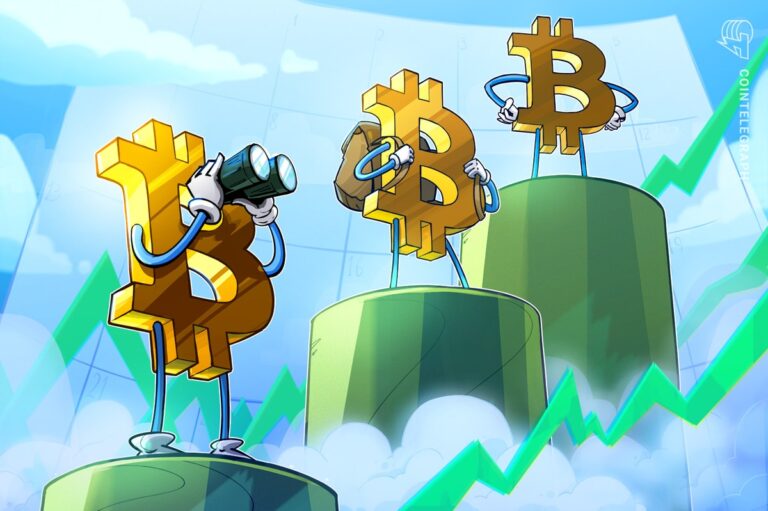Amidst all the news about how Trump policies will increase costs for Americans, little has been said about how this administration’s student loan repayment policy, or lack of one, might adversely impact the borrowers who cast their ballots for its leader.
In fact, when Bankrate combined a mid-May analysis from the New York Federal Reserve with election-night polling, the conclusion was clear: Seven of the states that overwhelmingly voted for a second term of Trump have the highest rates of student loan delinquency. Conversely, the five states with the lowest rates of delinquency all went in for defeated Democratic candidate, Kamala Harris.
We don’t have a chicken-or-the-egg conundrum: According to the data, student loan-holders in Trump-supporting states were already worse off than peers in other places — but has the Trump Administration’s shrinking of the repayment safety net made them even worse off?
No matter how you slice it, Trump-supporting student loan borrowers are distressed
We can reach one objective conclusion immediately: States with the most glaring student loan delinquency rates in the first quarter of 2025 are among those that were Republican red last November — and, presumably, have the highest expectation of a solution. After all, their guy won the White House.
| Rank | State | Percent of borrowers who are delinquent (Q1 2025)* | Percent of voters who cast ballots for Trump** |
| 1 | Mississippi | 44.6 | 60.9 |
| 2 | Alabama | 34.1 | 64.6 |
| 3 | West Virginia | 34.0 | 69.9 |
| 4 | Kentucky | 33.6 | 64.5 |
| 5 | Oklahoma | 33.6 | 66.2 |
| 6 | Arkansas | 33.5 | 64.2 |
| 7 | Louisiana | 31.8 | 60.2 |
| — | National average | 23.7 | 49.8 |
*New York Federal Reserve
**The American Presidency Project
On the flip side, we can also fairly contend that states with the lowest delinquency rates are less likely to expect a lot of help out of Washington, D.C. The majority of them didn’t vote for the guy now occupying the Oval Office.
| Rank | State | Percent of borrowers who are delinquent* | Percent of voters who cast ballots for Trump** |
| 51 | Illinois | 13.7 | 43.5 |
| 50 | Massachusetts | 14.0 | 36.0 |
| 49 | Connecticut | 14.5 | 41.9 |
| 48 | Vermont | 14.7 | 32.3 |
| 47 | New Hampshire | 14.8 | 47.9 |
| — | National average | 23.7 | 49.8 |
*New York Federal Reserve
**The American Presidency Project
The federal student loan default crisis and the ‘Big, Beautiful Bill’
Delinquency, of course, leads to default. And we now know how the Trump Administration will treat borrowers who become significantly late on their loan repayment. Their recent actions in 2025 include:
But the actions referenced are merely first steps, not long-term solutions.
The “Big, Beautiful” budget reconciliation package encapsulates much of President Trump’s legislative agenda, including its push to reshape federal student loan repayment. The bill, which was signed into law July 4, 2025, will have dramatic downstream effects for new borrowers, as student loan expert Mark Kantrowitz detailed for Bankrate:
| Unfortunately for borrowers: | On the bright side: |
|
|
Sen. Bill Cassidy (R-LA), whose state has the nation’s seventh-highest federal loan delinquency rate and the fourth-lowest educational attainment, is the chair of the Senate Health, Education, Labor and Pensions (HELP) committee that amended but approved the federal budget bill provisions.
Bankrate requested interviews with Cassidy as well as HELP colleagues, Rand Paul (R-KY), Markwayne Mullin (R-OK) and Tommy Tuberville (R-AL) who represent similarly-ranked states. We also reached out to House committee on Education and Workforce members, Rep. James Comer (R-KY) and Rep. Julia Letlow (R-LA) but hadn’t heard back from these elected officials by publishing time.
What this means for you
Regardless of which political party has your backing, if you’re a distressed student loan borrower, you’re likely feeling the additional pressure.
“We’ve heard from a number of like Trump [supporters] who voted for Trump, who are now experiencing distress, and frankly regret their choice,” says Persis Yu, the deputy executive director and managing counsel at the Student Borrower Protection Center. “One particular borrower stands out to me, and she told me, ‘I thought he was going to make things better. And now he’s made everything worse.’”
Yu describes this borrower as a divorced mom who had been laid off more than once and relied on income-driven repayment to cap her monthly dues at a percentage of her discretionary income. After suffering a health issue and retiring, this borrower had come to depend on Social Security benefits.
“In all of this chaos, it is folks who are working-class families who are going to be hit the hardest,” Yu says. “The folks who are trying to, again, feed their kids, pay their bills and are trying to pay on their student loans, too.” The reality, Yu says, is that their money only goes so far.
What’s your next step?
It might feel like you have no option but to wait. But take it from a certified student loan counselor — control whatever you can. Actionable steps to take include:
- Contacting your federal loan servicer
- Consider tips for paying off student loans fast
- Reach out to organizations that offer student loan help
- And stay up on student loan news
Did you find this page helpful?
Help us improve our content






